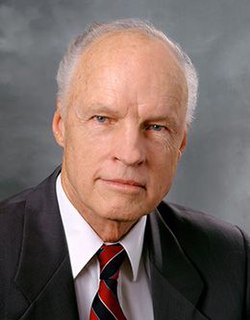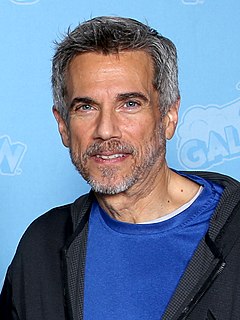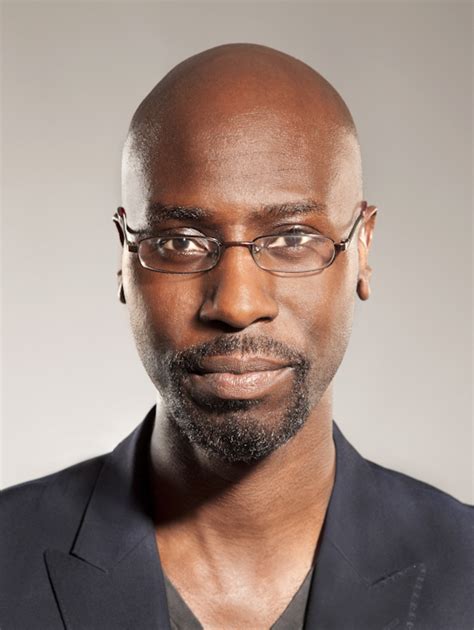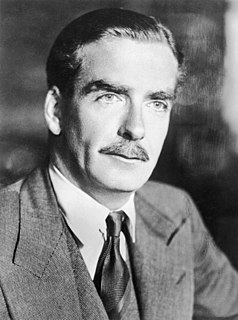Top 1200 Question Quotes & Sayings
Explore popular Question quotes.
Last updated on April 14, 2025.
In the Marquette Lecture volume, I focus on the question in the title. I emphasize the social and political costs of being a Christian in the earliest centuries, and contend that many attempts to answer the question are banal. I don't attempt a full answer myself, but urge that scholars should take the question more seriously.
A dialogue is very important. It is a form of communication in which question and answer continue till a question is left without an answer. Thus the question is suspended between the two persons involved in this answer and question. It is like a bud with untouched blossoms . . . If the question is left totally untouched by thought, it then has its own answer because the questioner and answerer, as persons, have disappeared. This is a form of dialogue in which investigation reaches a certain point of intensity and depth, which then has a quality that thought can never reach.
It's the most annoying question and they just can't help asking you. You'll be asked it at family gatherings, weddings, and on first dates. And you'll ask yourself far too often. It's the question that has no good answer. It's the question that when people stop asking it, you'll feel even worse. - WHY ARE YOU SINGLE?
Asking the proper question is the central action of transformation- in fairy tales, in analysis, and in individuation. The key question causes germination of consciousness. The properly shaped question always emanates from an essential curiosity about what stands behind. Questions are the keys that cause the secret doors of the psyche to swing open.
To be a scientist you have to be willing to live with uncertainty for a long time. Research scientists begin with a question and they take a decade or two to find an answer. Then the answer they get may not even answer the question they thought it would. You have to have a supple enough mind to be open to the possibility that the answer sometimes precedes the question itself.
Why are there beings at all instead of nothing? That is the question. Presumably it is not arbitrary question, "Why are there beings at all instead of nothing"- this is obviously the first of all questions. Of course it is not the first question in the chronological sense [...] And yet, we are each touched once, maybe even every now and then, by the concealed power of this question, without properly grasping what is happening to us. In great despair, for example, when all weight tends to dwindle away from things and the sense of things grows dark, the question looms.
And one day we must ask the question, "Why are there forty million poor people in America?" And when you begin to ask that question, you are raising questions about the economic system, about a broader distribution of wealth. When you ask that question, you begin to question the capitalistic economy.
The question itself [of UFOs] I think is legitimate. It's interesting, it's fascinating. It's mythic in scale and one of the grand questions. It's like the God question or, you know, the meaning-of-life question. It's one of those, on that scale. So you'd have to be made of wood not to be interested and, you know, have they come here? Are they up there?
I travel a lot. It used to be, when I would go to any country, I could guarantee that the first question would establish my name, and the fact that I've written Roots, and the third question, at least no later than the fourth question would not be a question, so much as a statement, something like, "We understand that in America white people do such and such bad things to black people."
The question of truth is really a question of memory, deep memory, for it deals with something prior to ourselves and can succeed in uniting us in a way that transcends our petty and limited individual consciousness. It is a question about the origin of all that is, in whose light we can glimpse the goal and thus the meaning of our common path.
The missionary question is not, 'Where are there unbelievers?' and then send a missionary there. There are unbelievers everywhere! The missionary question is, 'Where are there people's who don't have any Christians in them or don't have a church strong enough to do the neighbor evangelism that we can do if we just want to do it?' That's the missionary question.
If you meditate long enough, deep enough, it is impossible for you to hurt anybody for food; it is impossible. It is not a question of argument, it is not a question of scriptures, it is not who says what, it is not a question of calculating that if you take vegetarian food you will become spiritual; it is automatic. It is not a question of cunningness, you simply become spiritual. The whole thing seems so absurd. Just for food, killing animals, birds, seems so absurd, it falls down.
On some positions, cowardice asks the question, is it expedient? And then expedience comes along and asks the question, is it politic? Vanity asks the question, is it popular? Conscience asks the question, is it right? There comes a time when one must take the position that is neither safe nor politic nor popular, but he must do it because conscience tells him it is right.
Every once in awhile, find a spot of shade, sit down on the grass or dirt, and ask yourself this question: “Do I respect myself?” A corollary to this question: “Do I respect the work I’m doing?” If the answer to the latter question is NO, then the answer to the former question will probably be NO too. If this is the case, wait a few weeks, then ask yourself the same two questions. If the answers are still NO, quit.
What is there to understand? The significance of life? How long will it take to understand the significance and the meaning of life? 20 years? 30 years? And the same question will be here in another 20 years, I guarantee you. Until you stop asking that question. When that question is not there, you are there. So that's the reason why you keep asking the question: you do not want the question to come to an end. When that comes to an end, there will not be anybody, left there, to find out the meaning, the purpose and the significance of life.
So is the English Parliament provincial. Mere country bumpkins, they betray themselves, when any more important question arises for them to settle, the Irish question, for instance,--the English question why did I not say? Their natures are subdued to what they work in. Their "good breeding" respects only secondary objects.


















































